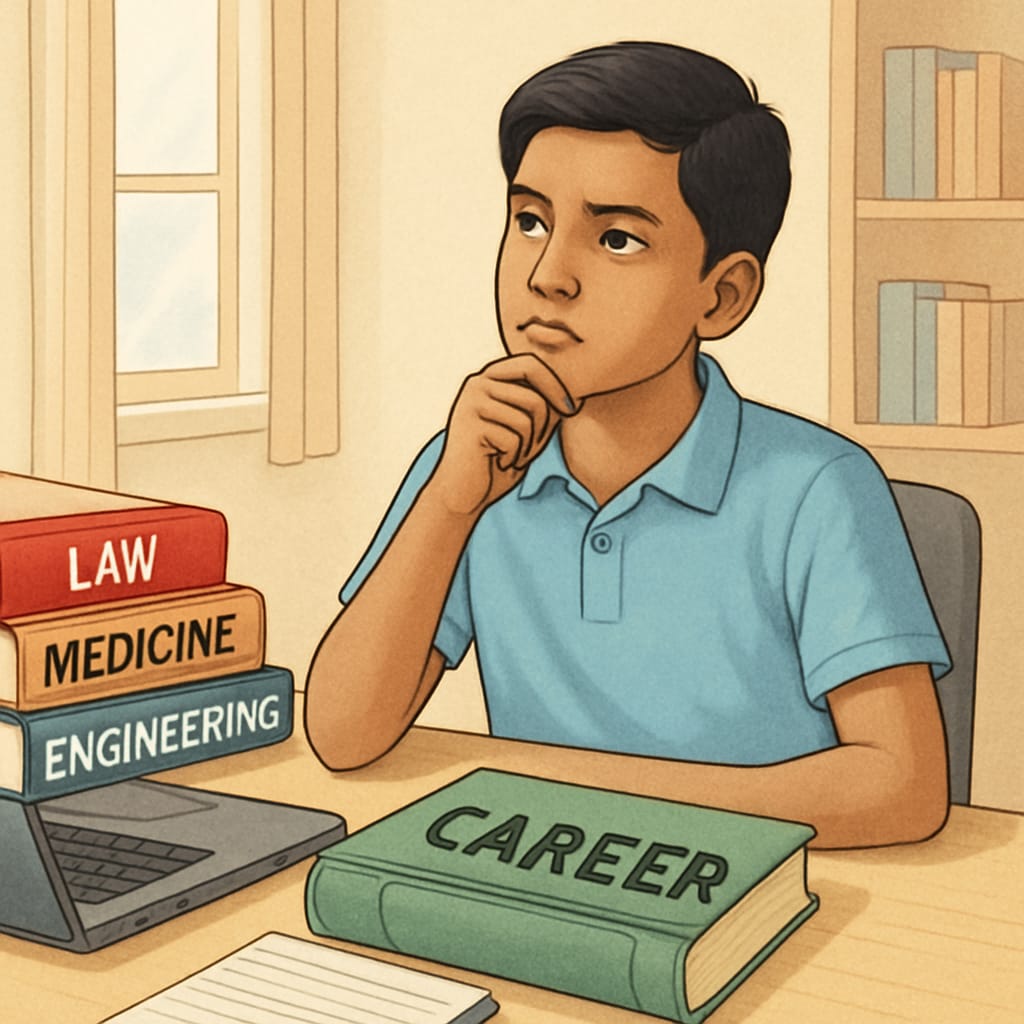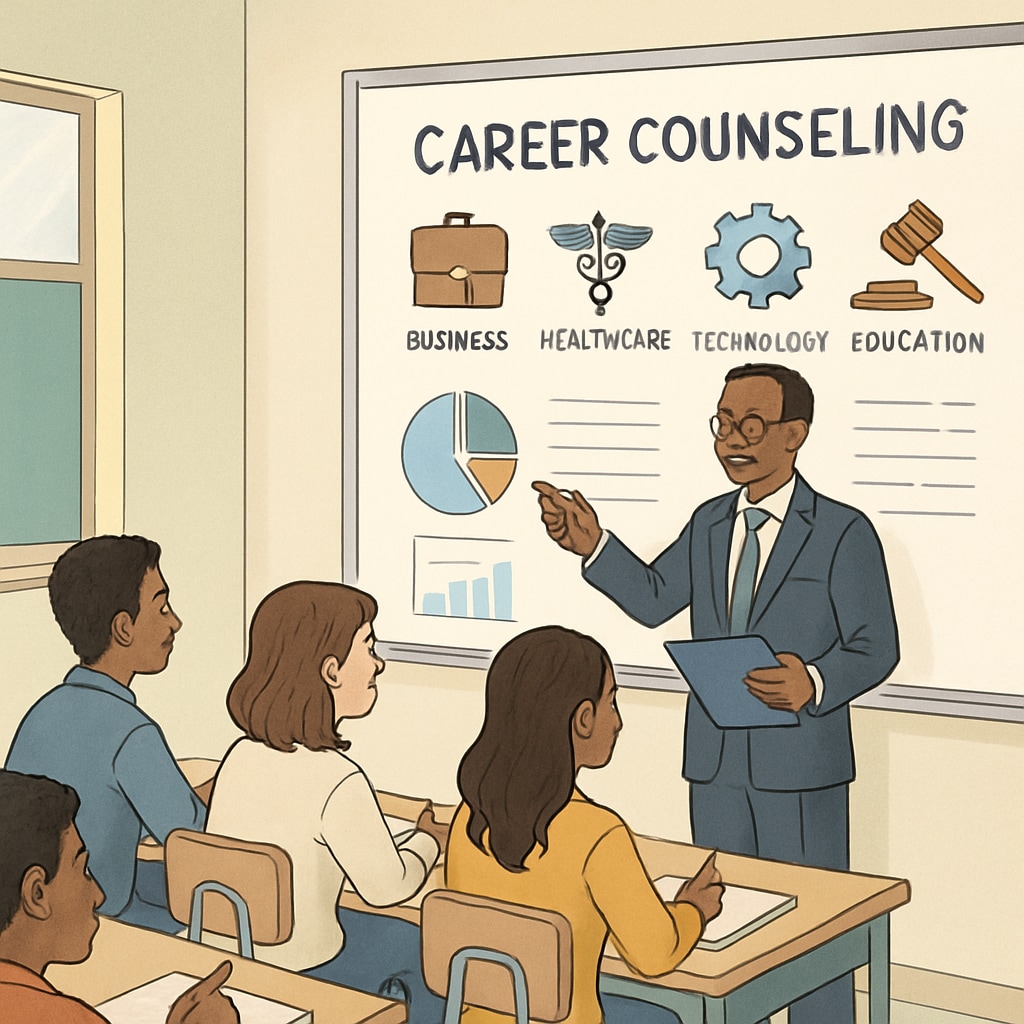For Indian students navigating the critical K12 stage, the challenge of academic planning, career choices, and professional uncertainty looms large. Balancing traditional societal expectations with personal aspirations often creates a conflict that can feel overwhelming. This article explores the roots of these challenges, analyzes their impact, and offers actionable strategies to help students make informed decisions that align with both their goals and cultural contexts.
The Clash Between Tradition and Aspiration
In India, career decisions are often influenced by deeply rooted cultural norms. For decades, fields such as engineering, medicine, and law have been viewed as the “ideal” paths to success. Families often encourage their children to pursue these professions, believing them to offer financial stability and societal respect. However, the modern world has introduced a myriad of alternative career options such as design, digital marketing, and data science, which align more closely with the passions and skills of many young individuals.
The disconnect arises when students feel torn between fulfilling familial expectations and pursuing personal interests. For example, a student passionate about graphic design may find it difficult to convince their parents of its viability compared to engineering. This tension can lead to confusion, stress, and ultimately, dissatisfaction with chosen career paths.

Developing Decision-Making Skills During the K12 Phase
To address academic planning and career choices effectively, it is vital to cultivate decision-making skills early. The K12 phase is a critical period where students can explore their interests, develop self-awareness, and gain exposure to various career possibilities. Educational institutions and parents can play a significant role in this process through the following approaches:
- Career Counseling: Schools should integrate career guidance programs that introduce students to diverse fields and the skills required for them.
- Skill Assessments: Tools like aptitude tests can help students identify areas where they excel, offering clarity on potential career paths.
- Encouraging Exploration: Allowing students to participate in internships, workshops, and extracurricular activities can provide real-world insights.
When students are equipped with these resources, they gain the confidence to make choices that are both informed and aligned with their interests.

Striking a Balance: Practical Steps for Students
While the support of family and schools is essential, students must also take ownership of their academic and career planning. Here are some practical steps young individuals can follow to navigate professional uncertainty:
- Define Your Priorities: Reflect on what matters most—personal interest, financial stability, or societal impact—and rank these priorities.
- Conduct Research: Use platforms like LinkedIn, Coursera, and Wikipedia to understand the scope and growth potential of various careers.
- Communicate Openly: Discuss your aspirations with your family, presenting data and examples to support your case. For instance, explain the growing demand for creative fields or technology-driven roles.
- Stay Flexible: Understand that career paths are not always linear. Being open to change can lead to unexpected opportunities.
By taking these steps, students can bridge the gap between societal expectations and personal goals, ensuring a fulfilling and sustainable career.
Conclusion: Empowering Students for a Bright Future
In conclusion, academic planning, career choices, and professional uncertainty are challenges that require a thoughtful, balanced approach. For Indian students, the intersection of tradition and modernity adds complexity to this decision-making process. However, with the right guidance and self-awareness, it is possible to navigate this journey successfully.
As educators, parents, and mentors, we must create an environment that encourages exploration, respects individuality, and builds the confidence to make informed decisions. By doing so, we can empower the next generation to achieve not just professional success but also personal fulfillment.
As a result, students can find their true calling, free from the confines of societal norms. The journey may not be easy, but with perseverance and support, it is undoubtedly achievable.
Readability guidance: This article uses short paragraphs for readability, incorporates lists to summarize key points, and ensures a balance of active voice and transitional phrases.


